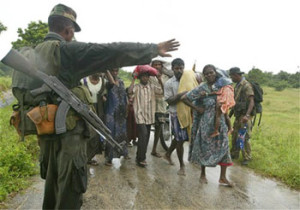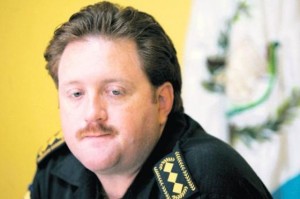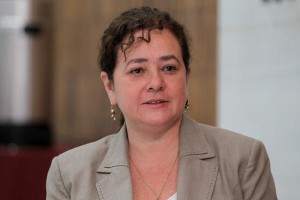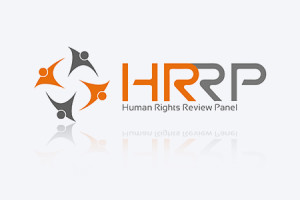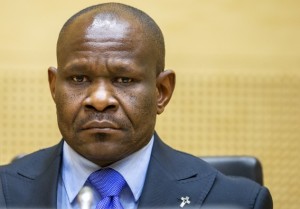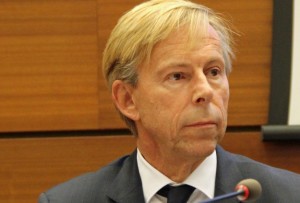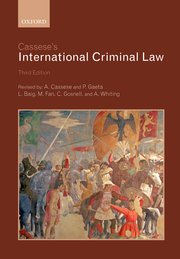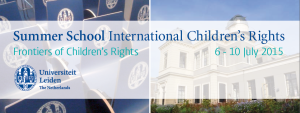A new report claims that post-conflict harmony in Sri Lanka is undermined by military occupation in north and east, combined with land grabs that have marginalised Tamil people.
The report, published by the US based thinktank the Oakland Institute and entitled “The Long Shadow of War: The Struggle for Justice in Postwar Sri Lanka”, finds little meaningful evidence of reconciliation after the 26-year-long conflict between the majority Sinhalese government and Tamil separatists finally ended in 2009 with the defeat of the Tamils.
It says hopes of peaceful coexistence are being thwarted by the enduring displacement of Tamils, the appropriation of their land by the military, the new government’s refusal to take the country off its war footing, and the delay in investigating allegations of war crimes committed by both state forces and the Tamil Tigers.
The report also describes the Sinhalese army’s ongoing occupation of what the government terms “high security zones” in the north and east of the country. The report estimates that in 2014, there were at least 160,000 almost entirely Sinhalese soldiers stationed in the north, which means that there is one soldier for every six civilians, as the area’s population stands at a little more than 1 million people.
The report argues that the military occupation has long ceased to be about ensuring security.
“The army has expanded non-military activities and is engaged in large-scale property development, construction projects, and business ventures such as travel agencies, farming, holiday resorts, restaurants, and innumerable cafes that dot the highways in the northern and eastern provinces,” it says. “The army officially runs luxury resorts and golf courses that have been erected on land seized from now–internally displaced peoples.” Continue reading

